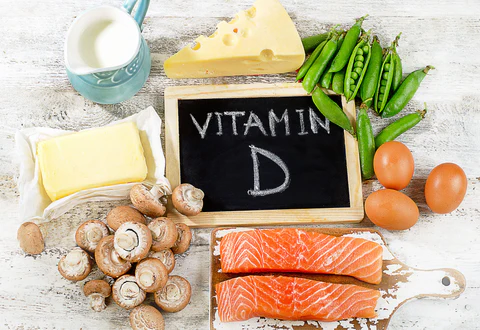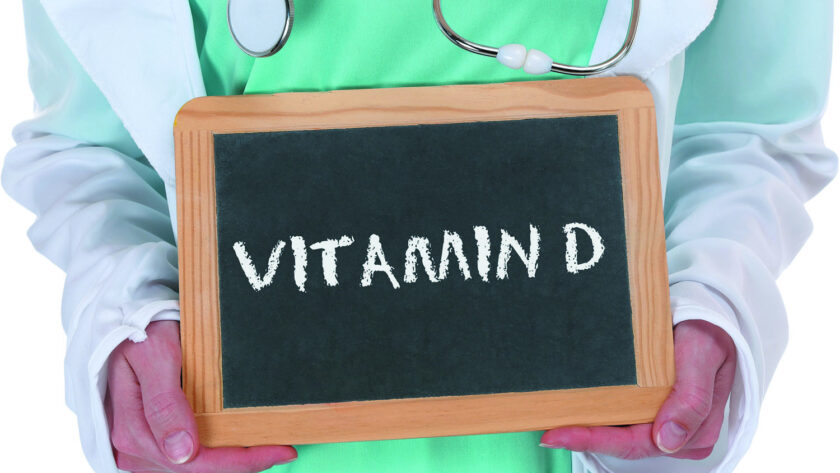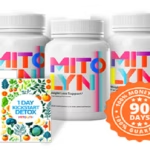Vitamin D is essential for our body’s health and functioning. Often referred to as the “sunshine vitamin,” it’s naturally produced in the body when exposed to sunlight. However, vitamin D deficiency is quite common and can lead to various health issues. Here are the key benefits of vitamin D and the secrets you should know about it:
1. Strengthens Bone Health
- Vitamin D enhances calcium and phosphorus absorption, crucial for maintaining strong bones. It is essential for healthy bone development in children and preventing osteoporosis in older adults. A deficiency can lead to weakened bones and an increased risk of fractures.
2. Boosts the Immune System
- Vitamin D supports the immune system, helping protect the body against infections. It makes you more resilient to colds, flu, and other respiratory infections. During winter months, immune systems can weaken due to a lack of vitamin D.
3. Supports Mental Health
- Vitamin D positively affects mood. A deficiency can increase the likelihood of depression, anxiety, and mood swings. Sun exposure boosts vitamin D production, helping you feel happier and more energetic.
4. Protects Heart Health
- Vitamin D contributes to cardiovascular health by regulating blood pressure. Studies have shown that low vitamin D levels may be linked to high blood pressure, heart disease, and arterial plaque buildup.
5. May Help Protect Against Cancer
- Vitamin D regulates cell growth and supports cell health. Some studies suggest that adequate vitamin D levels may lower the risk of colon, breast, and prostate cancers.
Secrets of Vitamin D
a) Sources of Vitamin D
- Sunlight is the most effective source of vitamin D. Exposing your skin to sunlight for 10-15 minutes a few times per week without sunscreen can help maintain healthy levels. Besides sunlight, vitamin D is also found in foods like salmon, tuna, egg yolks, and fortified milk.
b) Sunscreen Use and Vitamin D
- While sunscreen protects against skin cancer, it also limits vitamin D production. Brief sun exposure in the morning without sunscreen may help boost vitamin D levels without significantly increasing skin cancer risk.
c) Fat-Soluble Vitamin
- Vitamin D is fat-soluble, meaning it requires healthy fats for optimal absorption. Consuming vitamin D supplements or vitamin D-rich foods with healthy fats like avocado, olive oil, or nuts can improve absorption.
d) Symptoms of Vitamin D Deficiency
- Symptoms of deficiency include fatigue, muscle and bone pain, depression, weakened immunity, and hair loss. If you experience these symptoms, a blood test can measure your vitamin D levels to determine if a deficiency is present.
e) Supplementation
- Vitamin D supplements can be beneficial, especially during winter or if you’re unable to get enough sun exposure. However, consult your doctor before starting supplements, as excessive vitamin D can have toxic effects.
Vitamin D is critical for both physical and mental health. By getting enough sunlight, eating a balanced diet, and supplementing when necessary, you can maintain healthy vitamin D levels, leading to a stronger immune system, healthy bones, and a positive mood.




